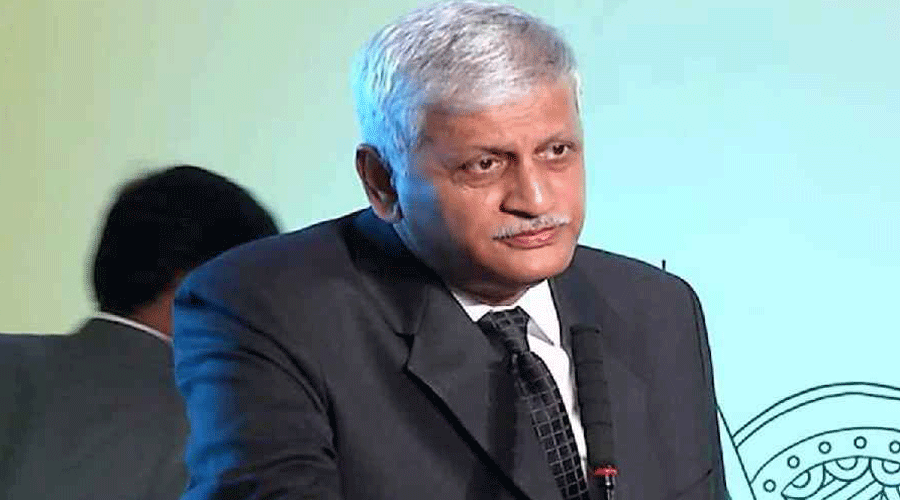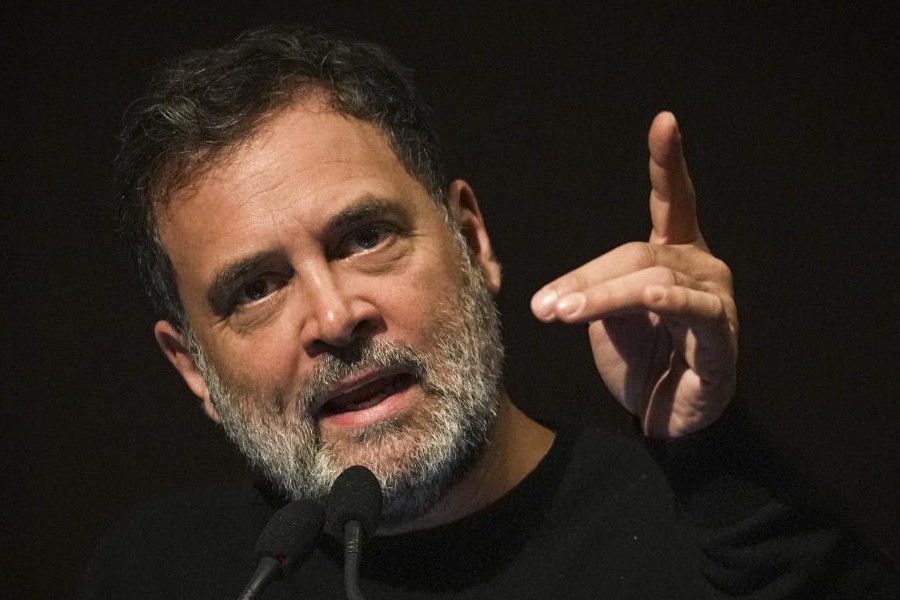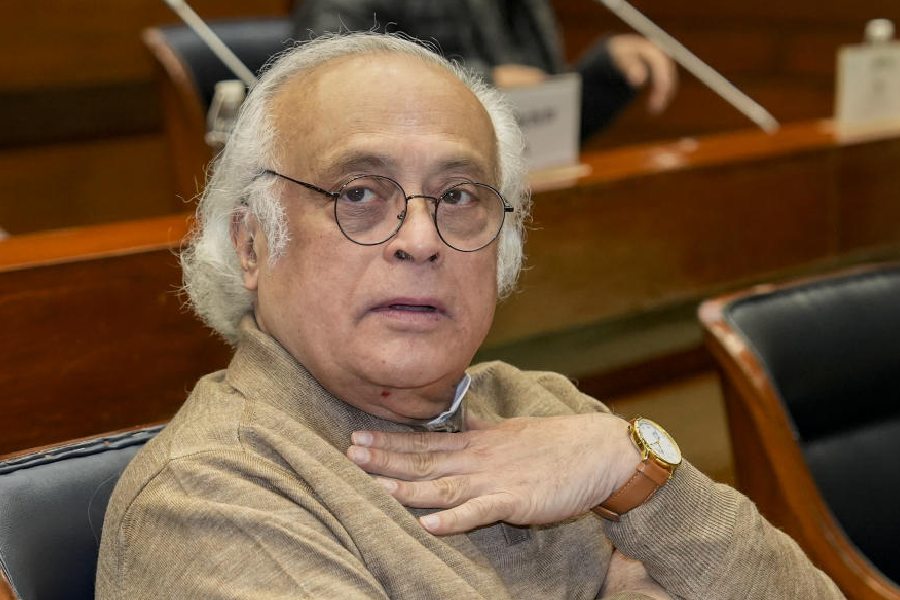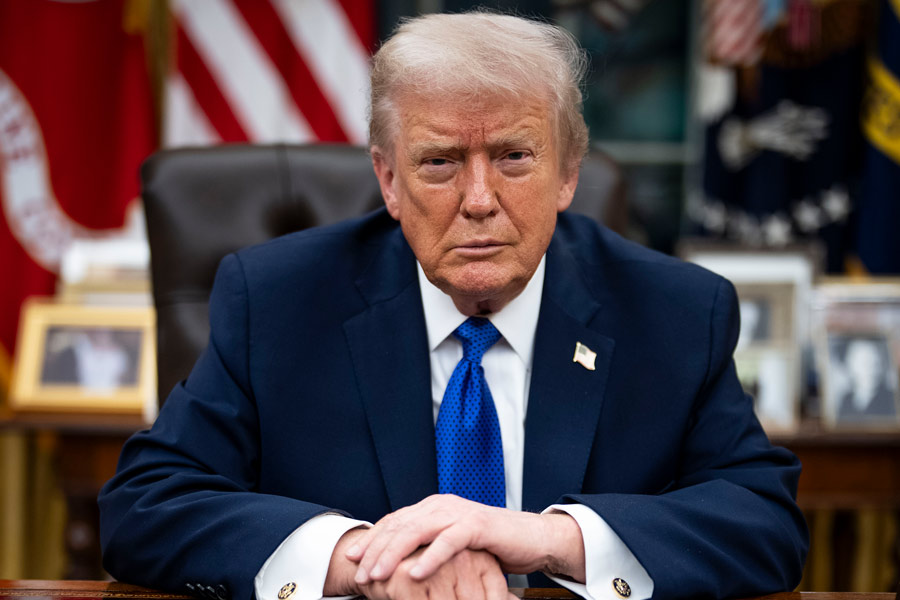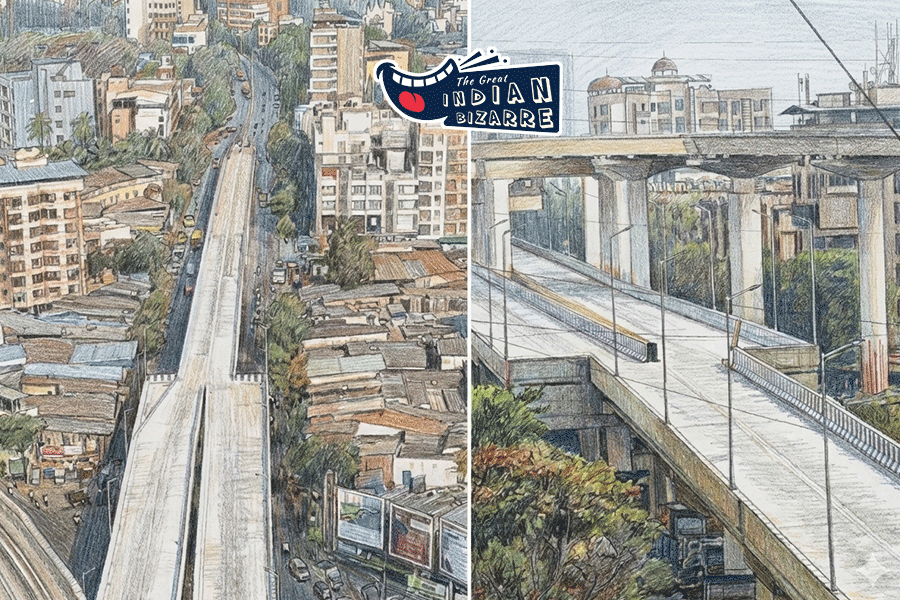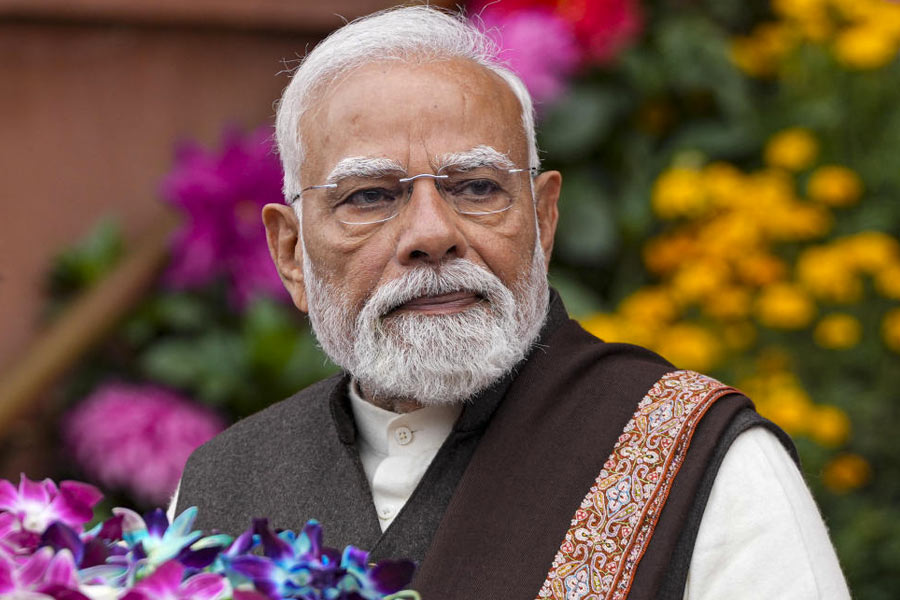Several eminent jurists including retired Supreme Court judges and a former Chief Justice of India on Saturday opposed “the government’s attempts at interfering and stalling the process of judicial appointments”.
They, however, asserted that the apex court collegium needed the assistance of a “full-time secretariat (or) committee” to help with selecting judges for appointment.
They suggested that, in the longterm, a Judicial Appointments Commission that was “completely independent of the government” be formed for the task to make the process efficient and transparent.
A National Judicial Appointments Commission that the Supreme Court had struck down in 2015 had among its members the Union law minister and eminent citizens picked with the government’s help.
The speakers at Saturday’s daylong seminar on “Judicial appointments and reforms”, organised here by the NGO Campaign for Judicial Appointments and Reforms (CJAR), included former Chief Justice of India U.U. Lalit. A resolution adopted at the seminar said: “We strongly oppose the government’s attempts at interfering and stalling the process of judicial appointments. The protection of people’s rights is closely linked to the functioning of a fair, independent and effective justice system.
“In the constitutional scheme, the Indian judiciary occupies a pivotal position as the guardian of the fundamental rights and liberties of individuals and against executive excesses. Safeguarding the autonomy of the judiciary, which includes the process of appointments, from government control and interference, is paramount.”
The resolution comes at a time the government has been accused of violating rules by sitting on the collegium’s recommendations despite multiple reiterations, and law minister Kiren Rijiju has publicly questioned the collegium’s primacy in judicial appointments.
The resolution said: “We believe (that) to ensure a robust process of judicial appointments based on consideration of a wide set of suitable candidates from diverse backgrounds, a full-time secretariat/ committee needs to be established which would provide the necessary support to the collegium in terms of searching for eligible candidates, assisting in analysing the judicial performance where relevant and providing secretarial support.
“In the long term, a proper and robust consideration of all eligible candidates and evaluating them on a publicly declared, broad-based and detailed rational criteria requires a full-time Judicial Appointments Commission and not an ex-officio body.
“However such a commission must be completely independent of the government to maintain the independence of the judiciary. The collegium, the secretariat/ committee and the commission should publish an annual report containing details of various aspects of the process of appointments including decisions made, outcomes of those decisions, timelines, resolutions etc.
“The process of judicial appointments must adhere to fundamental principles of transparency and accountability including ensuring public disclosure of decisions along with reasons and comprehensive documentation of the deliberations.
“There must also be a mechanism for receiving feedback about proposed appointments. Judicial selections being administrative decisions should be open to judicial review.”
The speakers included former Supreme Court judges Madan B. Lokur, Deepak Gupta and Indira Banerjee; former Delhi High Court chief justice Ajit Prakash Shah; RTI activists Anjali Bhardwaj and Amrita Johri; eminent advocate Dushyant Dave; civil liberties activist and CJAR co-founder Prashant Bhushan, and the former vice-chancellor of the Nalsar national law university, Faizan Mustafa.

